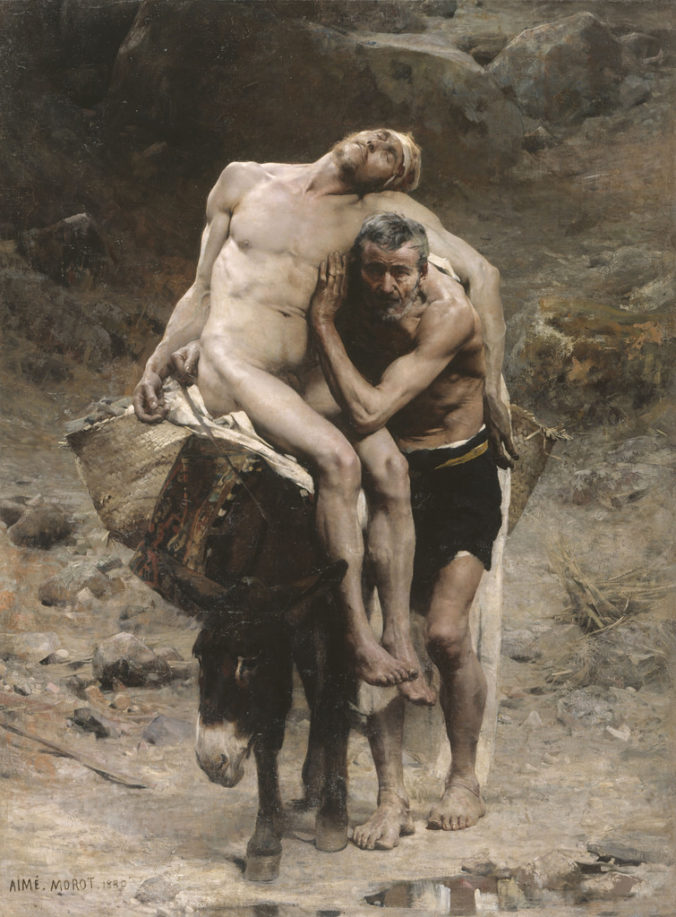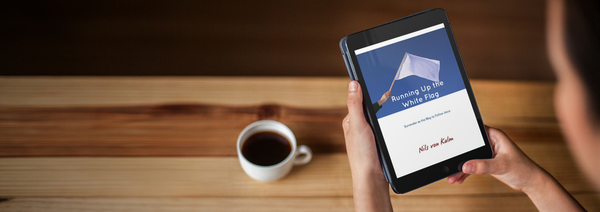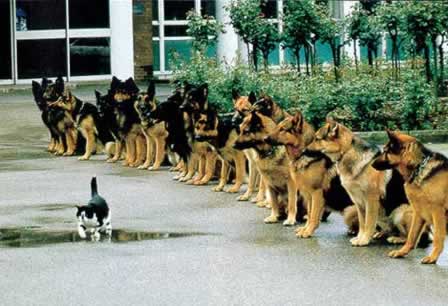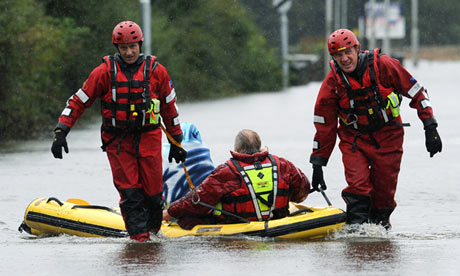As I move forward in this life, I realise more that I can’t take for granted the personal growth I have already attained. I can’t rest on it. As I’ve said previously, the human heart is deceitful. When I’m going well I can fool myself that I can sit back and be complacent and rely on myself when in fact I need to stay out of the way of my own penchant for self-protection rather than love.
The good I did yesterday certainly counts, and it strengthens me, but it doesn’t guarantee that I will be surrendered again to God today. In the same way, if I was selfish and hurt people yesterday, that doesn’t guarantee that I will stay in that today. That is the great thing about forgiveness and grace. You can get up again anytime, straight away. I don’t have to stay in the shame of my past actions. God wants us to live. You can’t do that when you choose to stay stuck.
All we have is today. There is a saying that talks about living just for today. There is no point ruminating about yesterday’s mistakes, its aches and pains. Yesterday is gone and is never coming back. Similarly, tomorrow is not something we need to be anxious about; it hasn’t arrived yet. We can’t do anything about it. We can live surrendered today and therefore be stronger tomorrow, but it’s today that is what matters.
My past, good or bad, doesn’t define me. We are not what we do, and we are not what our minds often tell us. That’s where Descartes (‘I think, therefore I am’) was wrong. When our minds tell us that we are not worth getting to know, we can reject that for the lie that it is. You are not your mind.
I read an article yesterday about how the latest brain research says that we can physically rewire our brains by retraining them with the truth of who we are. When we get into the habit of retraining our brains, new neural pathways are physically created in our brains so that, the more we practise good habits, the easier they become to do.
What defines us is the fact that every single one of us has inherent dignity. The destructive things I have done in my life don’t mean I’m a bad person. Likewise, I can’t rest on the good things I have done in the past. I can easily undo them much faster than I built them up. That’s why I need to be in touch with myself every day.
Living for today is what matters to me. That can be misunderstood in terms of sucking the pleasure out of life and not caring about the consequences for tomorrow. That is exactly not what this means. That is actually being destructive and living out of our false self. Our true self, the us that God made and wants to release, is the self that lives for today without worrying about the shame of yesterday’s misdeeds or the uncertainty of tomorrow. It is the self that is present today, present to love, to surrender and therefore to joy no matter what life throws at you today.
Learning to live is learning to live on life’s terms, not on the terms I demand. The greatest prayer that I know to help with this is the Serenity Prayer:
God, grant me the serenity to accept what I can’t change, the courage to change what I can, and the wisdom to know the difference.
It’s a prayer of living in love, in grace, in forgiveness, in the present and in courage. I’m thankful that God answers such prayers, because I can’t do that on my own. I need outside help. And I only need to do it today.



 Why do so many Christians care about alleviating poverty and working for justice in the world? Put simply, what is their theology, and does it really matter?
Why do so many Christians care about alleviating poverty and working for justice in the world? Put simply, what is their theology, and does it really matter? Sight Magazine has published an excerpt from my ebook,
Sight Magazine has published an excerpt from my ebook, 





